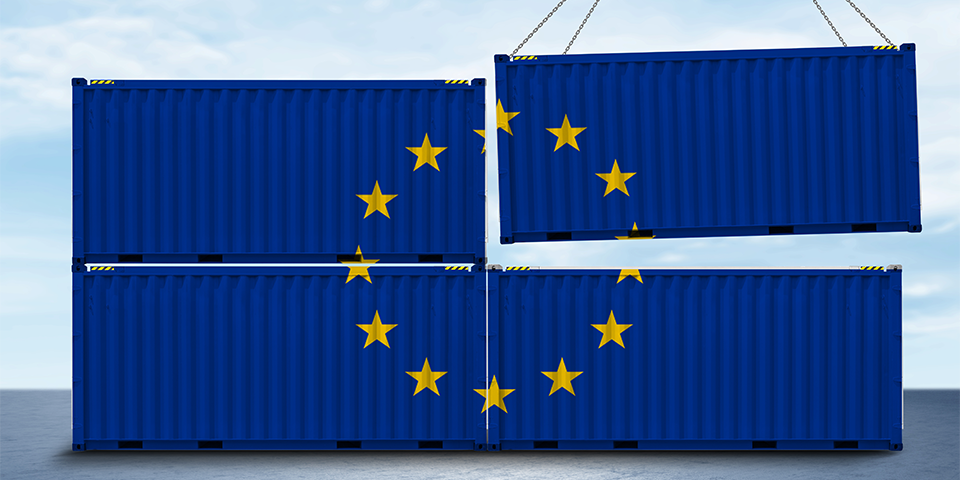Responsibilities and opportunities
The international shipping association BIMCO released its EU ETS clause for time charter parties a while back, and currently works on a predominantly back-to-back clause for the BIMCO Shipman contracts. The draft BIMCO Shipman ETS clause is expected to be released in a few weeks as part of the new BIMCO Shipman 2023 template.
According to the maturing contractual framework, the responsibility to pay for EU ETS certificates (EUA – European Union Allowance) first lies with the charterer, then the shipowner, not with the ship manager. However, in contrast to the contractual situation, the statutory responsibility in the eyes of the EU regulator lies with the DOC (Document of Compliance) holder. And DOC holders would be well advised to not assume that EU enforcement action over ETS allowance submission shortfalls would duly consider the contractual allocation of responsibilities. Where a ship manager is the DOC holder, the ship manager is finally the responsible party in the eyes of the EU authorities.
While the spectre seemed daunting for us ship managers at first, we increasingly feel the matter actually creates sales opportunities for ship managers willing to invest in timely development of the specialist teams and online IT tools required to facilitate smooth EU ETS process and accounting for owners and their charterers. The consumption/emissions question will add another layer of potential dispute to the reconciliations between charterers and shipowners. As ship managers we should offer transparent live data-driven IT platforms showing a vessel’s consumption in relation to geolocation and time as well as the resulting EU ETS exposure. At BSM we are currently developing such a platform, aiming at providing owners and their charterers with a tool that hosts and facilitates the coming discussions about the emissions in the scope of the EU ETS.
Another opportunity could lie in the trading of the EUA certificates. We think the question of who actually buys the certificates will, in practice, depend on the commercial agreements between the charterer, owner and ship managers involved. The trading responsibility can be flexibly allocated among the parties and will not always be the charterer. We have sizable shipowners who have already started buying EUAs. They will, in all likelihood, offer some of their charterers to conduct the trading themselves, charging charterers through the monthly hire statements. This will open the opportunity for them to profit from good trades as well as shifting control closer to where the statutory final responsibility lies, reducing the default risk. Similarly, we see shipowner/charterer combinations among our customers that call the EU infrequently or may for other reasons be unwilling to set up trading or EU ETS accounting teams themselves – for those, we as BSM will be prepared to take this responsibility over as part of the commercial management task package we offer.










